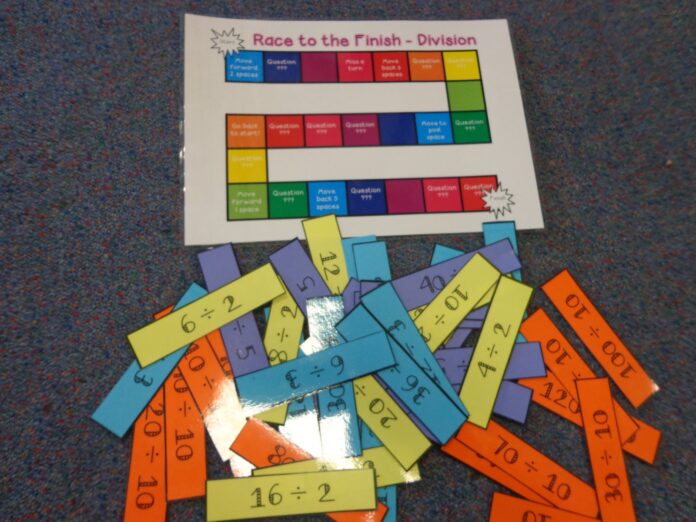Since the 1980s, video games have been heavily criticized, with critics denouncing the unethical goals of particular violent games, where gameplay encourages players to steal automobiles, carry out killings, and drive over innocent bystanders. Although the games themselves are still relatively new, such complaints are not – in the nineteenth century, there was widespread worry in the media that reading novels, particularly dramatic Gothic thrillers, would be harmful to young people. The novel is currently taught in schools and is required reading for most GCSE exams.
Many thinkers and gamers now argue that video games, especially those intended for amusement purposes, have actual advantages. Shooters, platformers, and racing games are examples of sports and action games that can help with hand-eye coordination and spatial vision. Survival and strategy games need cognitive skills such as decision making and strategic thinking; adventure games necessitate logical problem solving, and text-based adventures hone reading and critical thinking abilities. One of the surprising advantages of video games is that they can help with emotional and social development. Role-playing games and MMOs, for example, demonstrate that video games do not have to isolate children and may aid with social skills.
However, the advantages and disadvantages of video games may be overestimated. The idea of transfer-appropriate processing calls into question whether abilities learned in a video game can always be applied (or ‘transferred’) to real-life situations Because learning is often context-specific. Getting better at opening a portal in a game may make you better at unlocking that sort of portal in that game — it does not necessarily make you better at spatial cognition in general or problem-solving in real life.
This implies that for games to be educationally beneficial, the abilities employed in the game should be as near to the skills we want students to be able to use outside of the game as feasible. As a result, purpose-created instructional games are more likely to be beneficial than off-the-shelf games.
A University of California, Santa Barbara, educational psychology study discovered that computer games tend to be most successful in science, math, and second language learning. ‘In four out of six investigations, games resulted in better learning than conventional media,’ according to an assessment of mathematical research. Tetris is particularly effective in enhancing students’ capacity to rotate two-dimensional forms. Therefore, cool math games, which combine shape rotation with lining up three blocks of the same color, are a perfect learning tool. Tubetris is a wackier and more challenging game in which players spin and line up pipe segments so that falling balls go the most distance possible — until a passing brick of TNT blows up the pipes.
There are also many prime numbers games available, such as the famous Math Clash, in which charming monsters with bizarre names compete to solve addition, subtraction, division, and multiplication problems.
According to Mayer’s study, “in four out of five tests involving second language acquisition, students learned better from games than from traditional media,” and cool math games feature several aesthetically appealing word games that are excellent for learning English as a second language. The variety of game kinds gives a variety of learning opportunities. There are single-player games where students can learn at their own pace, such as the stylish Word Detector, which looks like a mini Scrabble game; competitive games, such as Word Race, where learners compete to join letters into words; and public games, such as Grabble, where students can play with friends group or classmates for a more significant element of social interaction. The many degrees of difficulty ensure that the games are engaging for students of all ages and abilities – and the fact that video games are motivating is arguably the most crucial benefit of video games in an educational context. Video games provide rapid feedback on a player’s accomplishment and reward it with a better score, an unlocked ability, or a victory over an opponent. This increases self-esteem and motivates them to keep playing. As a result, players spend significantly more time learning the skill than they would in a non-game situation. While the addictive nature of video games is frequently cited as a problem in a larger society, it is one of the primary benefits of video games for educational reasons.

